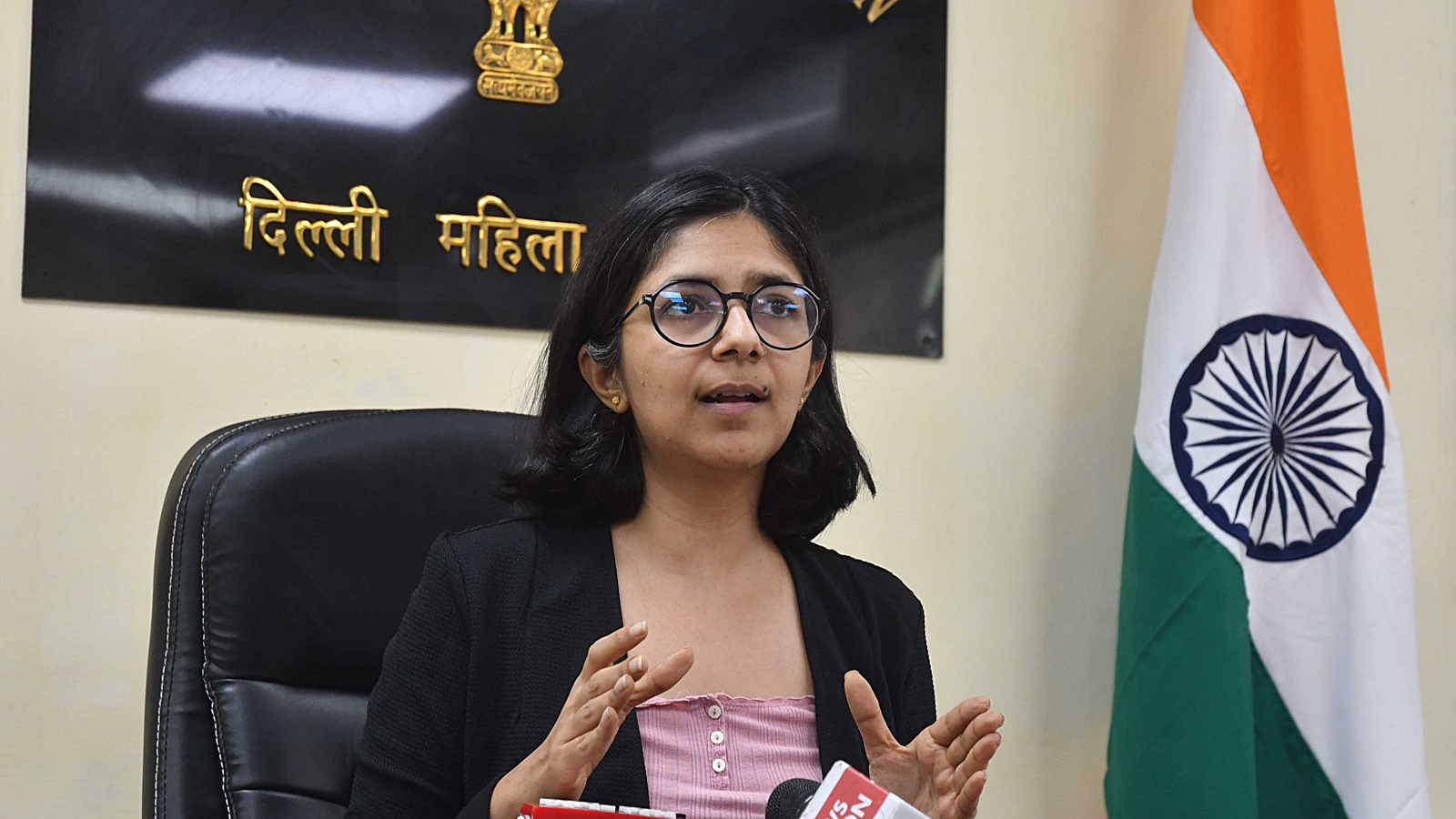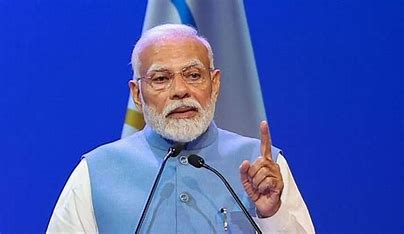
Despite the Aam Aadmi Party (AAP) dismissing lawmaker Swati Maliwal’s allegations of assault by Delhi Chief Minister Arvind Kejriwal’s aide Bibhav Kumar as part of a Bharatiya Janata Party (BJP) conspiracy, Maliwal is poised to retain her Rajya Sabha seat.
Under the rules outlined in the Tenth Schedule of the Indian Constitution, a lawmaker can only be disqualified if they voluntarily resign or if they go against party directives during voting. Even if AAP were to suspend Maliwal, she would remain an AAP MP and must adhere to the party’s voting guidelines. However, if she were to be expelled, she would become an independent MP, no longer bound by party directives.
Regarding “Disqualification on the ground of defection,” as per the Tenth Schedule, a member can be disqualified for voluntarily leaving their party or voting against party directions without prior permission. There’s no indication thus far that AAP will take action against Maliwal, who is their newest MP in the Upper House.
Even if AAP were to sever ties with Maliwal, she couldn’t join another party during her term, as stated in Section (2) of paragraph 2 of the Tenth Schedule. This was demonstrated when Communist Party of India (Marxist) MP Ritabrata Banerjee was expelled but remained an independent MP.
Maliwal finds herself amidst controversy ahead of Delhi’s Lok Sabha elections voting, following her accusations against Kumar of assault at the CM’s residence. An FIR was filed against Kumar based on Maliwal’s complaint, while AAP labelled her allegations as part of a BJP conspiracy against Kejriwal.















